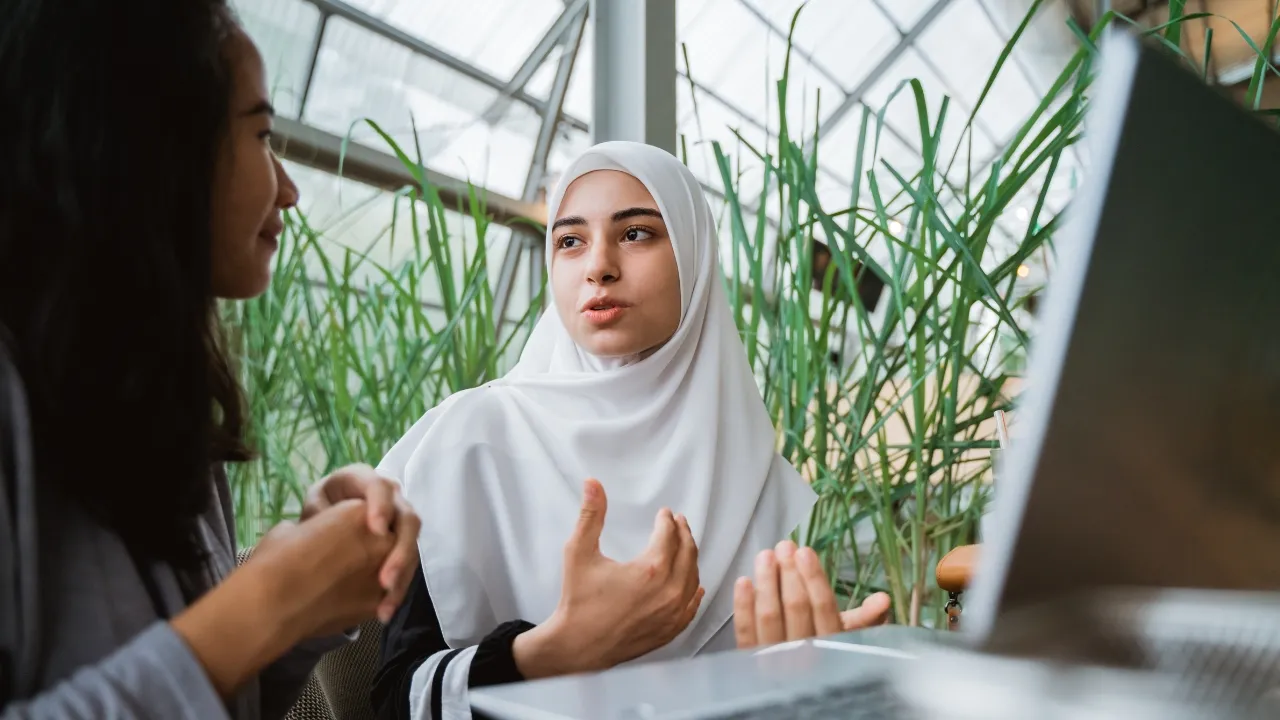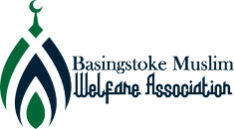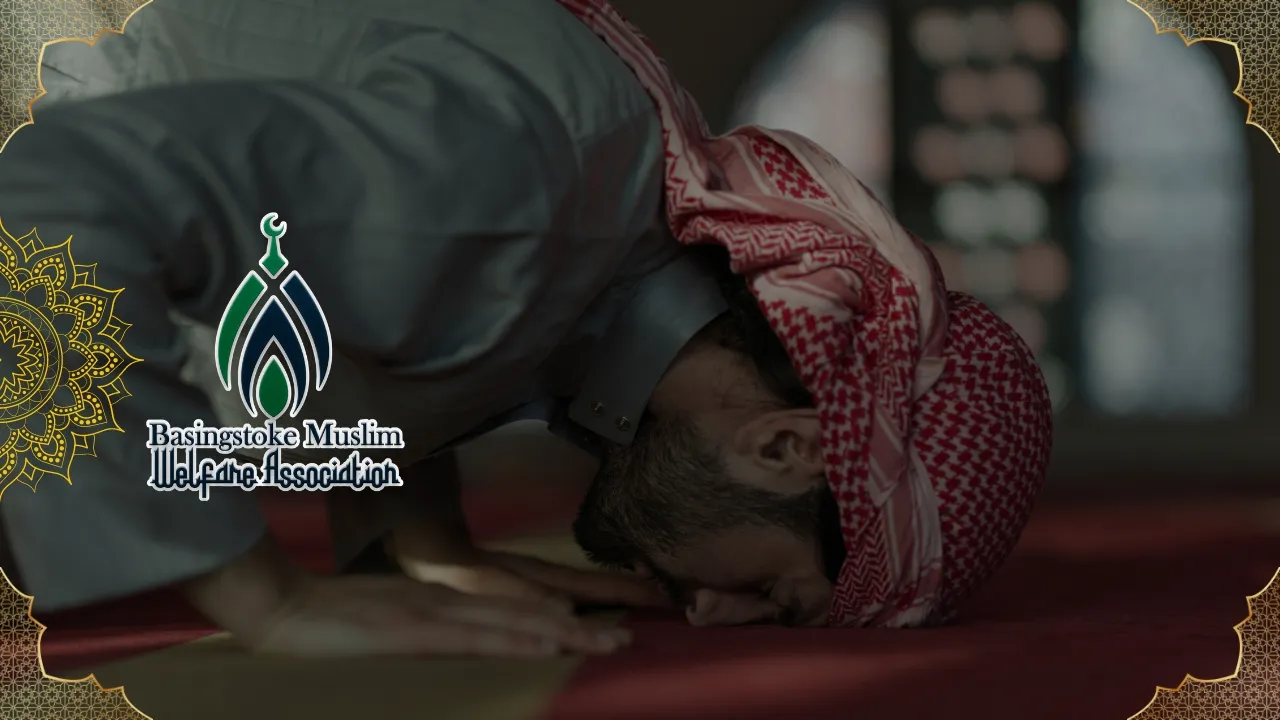Addressing misconceptions about Islam is a crucial endeavor for the Basingstoke Muslim Welfare Association. In an era marked by misinformation and stereotypes, it’s essential to provide accurate and nuanced information about the faith and its teachings. In this comprehensive article, we will delve into common misconceptions about Islam, their impact on our community, and practical strategies for dispelling myths and promoting understanding.
Understanding Misconceptions
Misconceptions about Islam abound in society, fueled by media portrayals, political rhetoric, and ignorance. These misconceptions often revolve around stereotypes related to violence, oppression, and extremism, which do not accurately represent the beliefs and practices of the majority of Muslims.
It’s important to recognize that misconceptions about Islam not only harm the reputation of the Muslim community but also perpetuate fear, prejudice, and discrimination. By addressing these misconceptions head-on, we can challenge stereotypes, foster dialogue, and promote mutual understanding and respect.
Dispelling Myths

Dispelling myths about Islam requires education, dialogue, and engagement with the wider community. By providing accurate information about Islam’s core tenets, beliefs, and practices, we can counteract misconceptions and promote a more nuanced understanding of the faith.
One effective strategy for dispelling myths is through community outreach and engagement. By inviting members of the wider community to mosques, Islamic centers, and community events, we can provide opportunities for dialogue, cultural exchange, and firsthand experience of Islam’s teachings and practices.
Additionally, leveraging digital platforms and social media can help reach a broader audience and disseminate accurate information about Islam. Creating educational resources, such as articles, videos, and infographics, can address common misconceptions and provide insights into the diversity and richness of Islamic culture and heritage.
Promoting Understanding

Promoting understanding requires building bridges of empathy, compassion, and dialogue with individuals of different backgrounds and beliefs. By fostering meaningful interactions and relationships, we can break down barriers, challenge stereotypes, and cultivate a culture of mutual respect and appreciation.
Interfaith dialogue is another valuable tool for promoting understanding and dispelling myths about Islam. By engaging in open and respectful conversations with members of other faith communities, we can build common ground, address misconceptions, and work towards a more inclusive and harmonious society.
Moreover, encouraging critical thinking and media literacy can empower individuals to question stereotypes and seek out accurate information about Islam. By equipping people with the tools to discern fact from fiction, we can counteract misinformation and promote a more informed and enlightened public discourse.
Conclusion
Addressing misconceptions about Islam is an ongoing endeavor that requires collective effort and commitment from the entire community. By dispelling myths, promoting understanding, and fostering dialogue, we can challenge stereotypes, build bridges of empathy, and promote a more inclusive and harmonious society.
As members of the Basingstoke Muslim community, let us continue to advocate for accurate representations of Islam, challenge misconceptions, and promote understanding and respect for all. Together, we can work towards a future where diversity is celebrated, and all individuals are treated with dignity and compassion, regardless of their background or beliefs.


